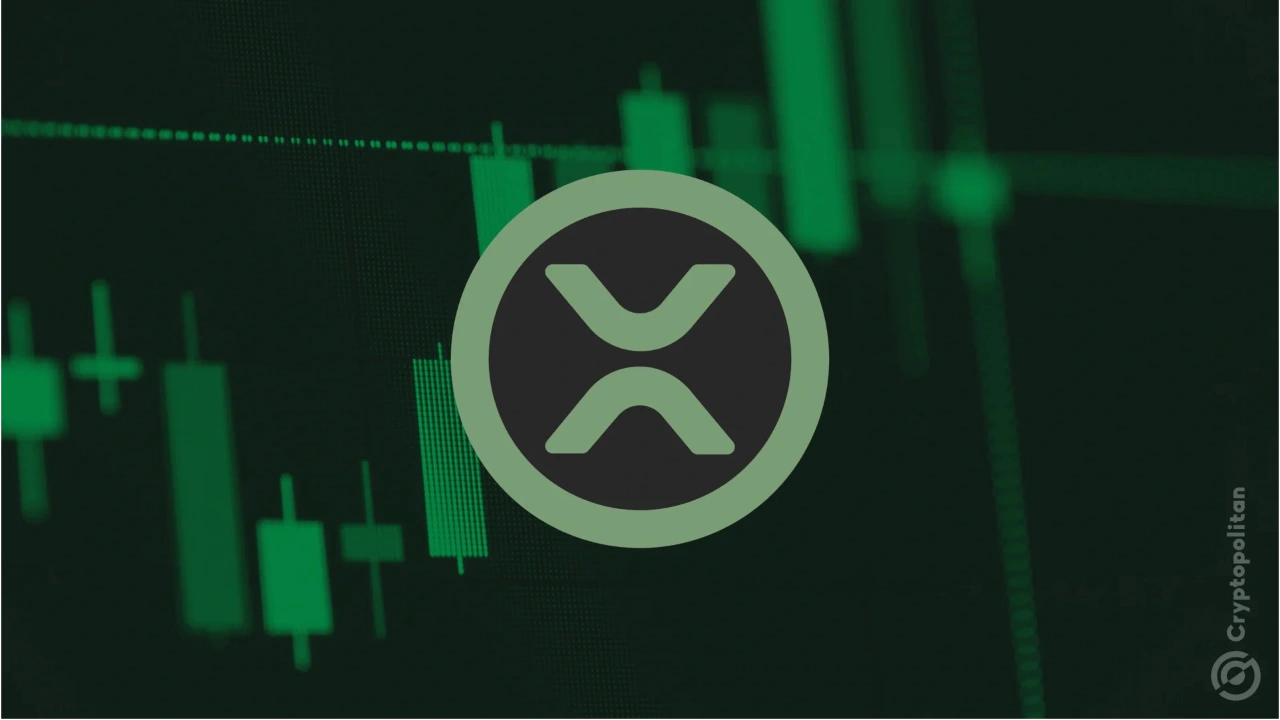Unlocking Innovation Potential: An Interview with Ralf Kubi on the Need for Overhauling Singapore’s MAS Tokenization Standards
The Monetary Authority of Singapore’s (MAS) Project Guardian
The Need for Innovation
The Monetary Authority of Singapore’s (MAS) Project Guardian has been making waves in recent months for its progressive approach to digital assets. For instance, MAS recently launched the world’s first live repurchase transaction using a digitally native bond on a public blockchain. This and countless other innovations mark a significant milestone in its recent digital asset transformation journey.
I had the opportunity to sit down with Ralf Kubi, a leading expert in digital asset innovation, to discuss the need for overhauling Singapore’s MAS tokenization standards. According to Ralf, the current regulatory framework is holding back the full potential of digital assets and tokenization in Singapore.
Ralf emphasized the importance of creating a more conducive environment for innovation in the digital asset space. He highlighted the need for clearer guidelines and standards that would enable companies to experiment and develop new solutions with confidence.
One of the key issues Ralf identified was the lack of flexibility in the current MAS tokenization standards. He pointed out that the rigid requirements are deterring startups and established companies alike from exploring the full range of possibilities that digital assets offer.
Impact on Individuals
For individuals, the overhaul of Singapore’s MAS tokenization standards could mean greater access to innovative financial products and services. With clearer guidelines and standards in place, individuals could benefit from a wider range of investment opportunities and improved financial inclusion.
Additionally, the increased innovation in the digital asset space could lead to more efficient and cost-effective financial solutions for individuals, ultimately enhancing the overall quality of their financial lives.
Impact on the World
On a global scale, the overhaul of Singapore’s MAS tokenization standards could set a new benchmark for regulatory frameworks in the digital asset space. By creating a more innovative and dynamic environment for digital assets, Singapore could position itself as a leader in the global fintech landscape.
This could attract more investment and talent to Singapore, further fueling its reputation as a hub for digital innovation. The ripple effects of these advancements could be felt across the world, inspiring other countries to adopt similar approaches and spurring greater innovation in the financial industry.
Conclusion
In conclusion, the need for overhauling Singapore’s MAS tokenization standards is clear. By creating a more innovative and flexible regulatory framework, Singapore could unlock its full innovation potential in the digital asset space. This could have a positive impact on individuals by providing greater access to innovative financial products and services, and on the world by setting a new standard for regulatory frameworks in the global fintech landscape. It is crucial for Singapore to embrace change and adapt to the evolving digital asset landscape to realize its innovation potential.





